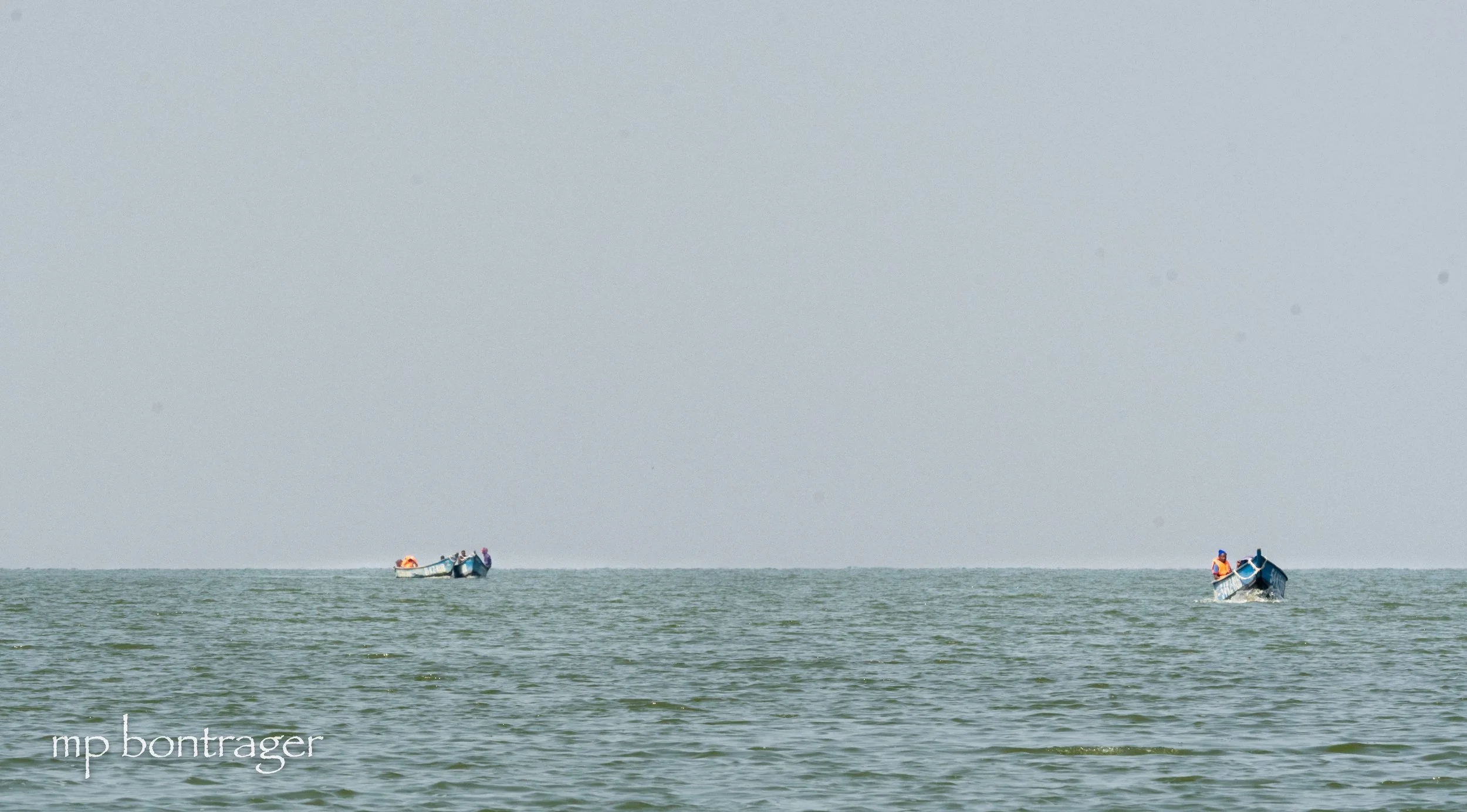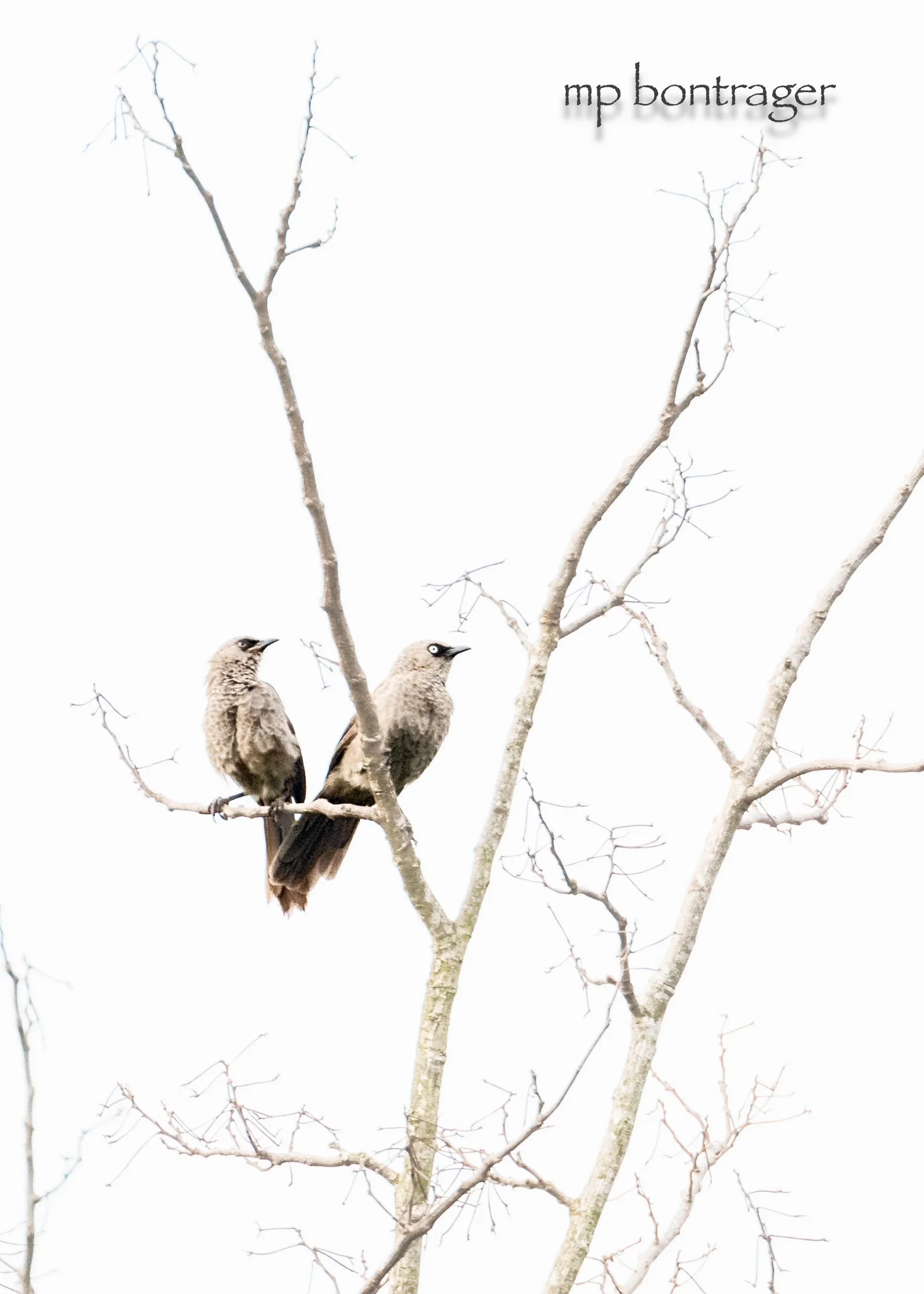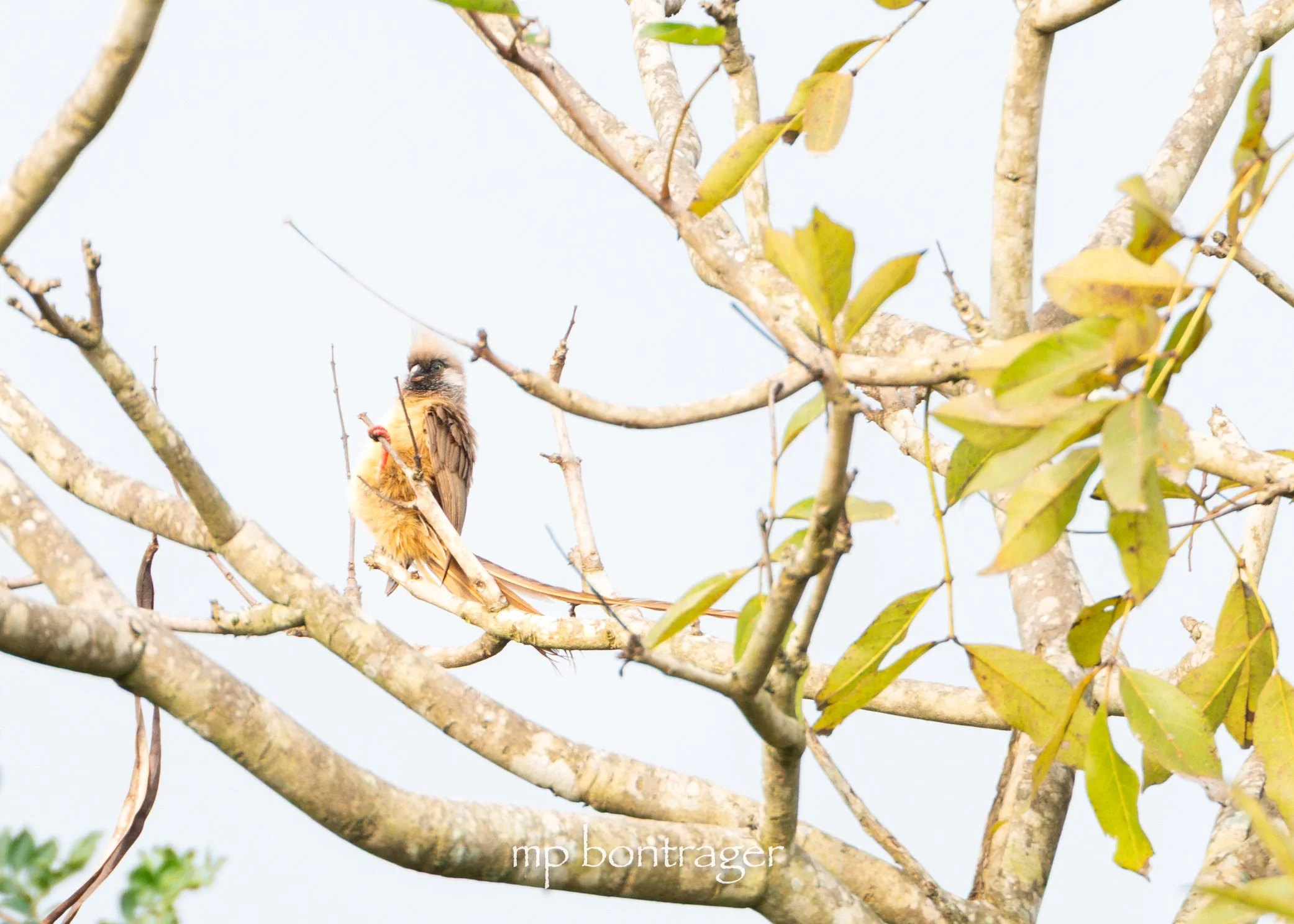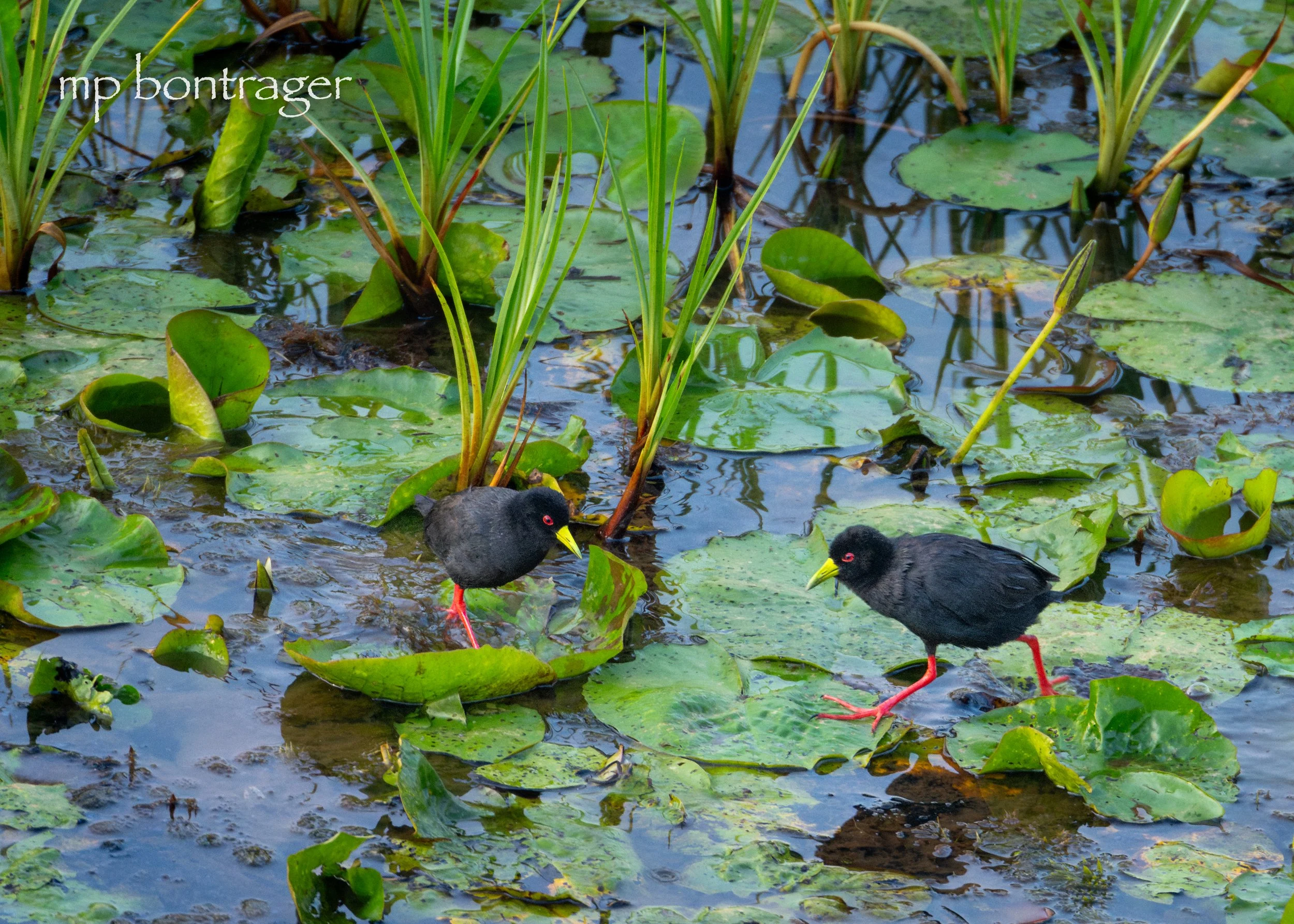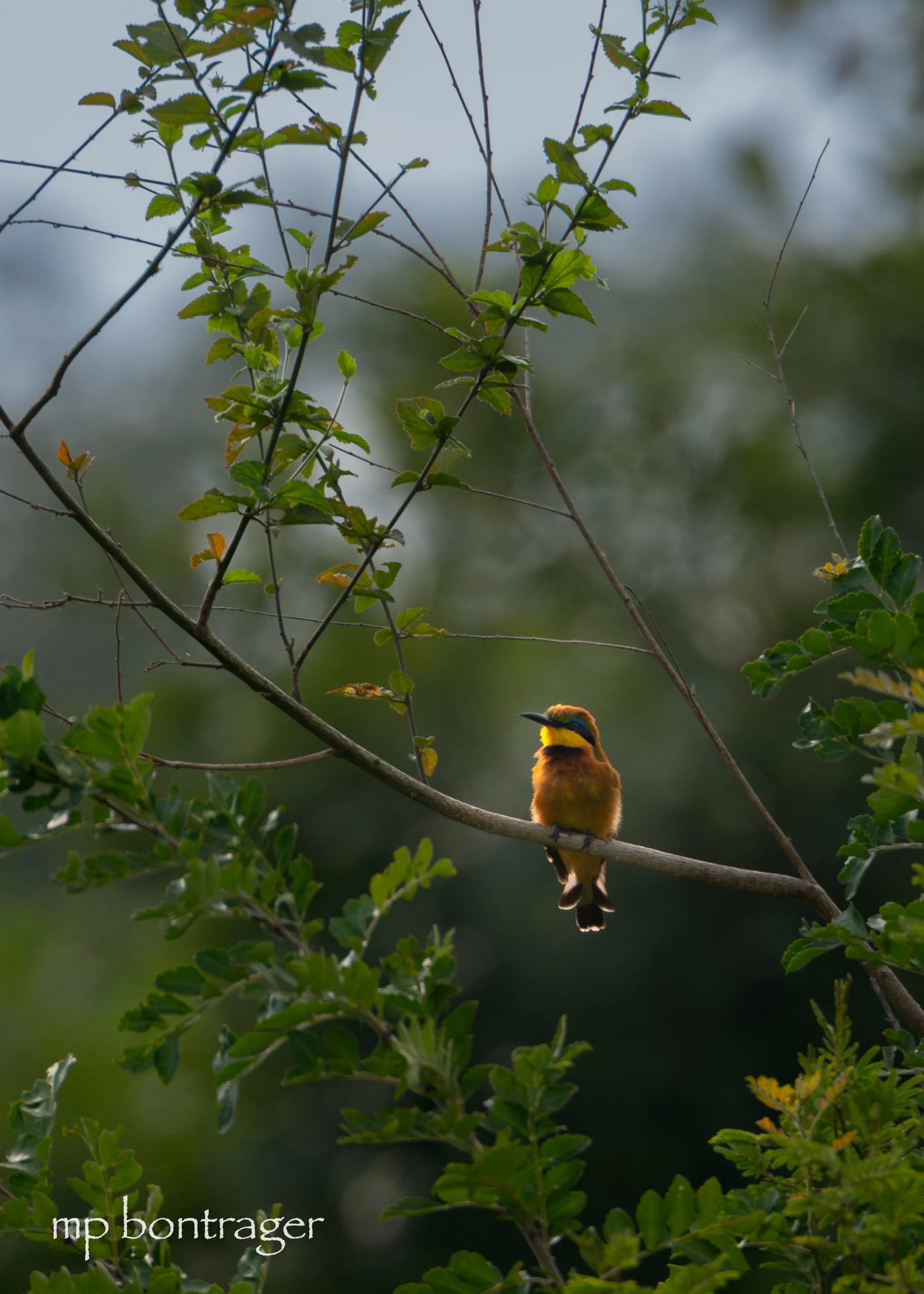I scream for help; no one comes. I quietly listen. The man seems to be alone. He doesn’t have tools and will be unable to break open the shutters or doors with his bare hands.
Read MorePink-backed Pelican, Kazinga Channel
Kazinga Channel Uganda
Our private boat ride on the Kazinga Channel began well after sunrise. Our expectations were high after reading reviews from other photographers describing the abundance of wildlife along the banks and in the channel. Photographers recommended hiring our private boat so we could take our time at sitings to compose photographs at our pace.
Expectations Adjusted
It was a very bright and sunny day to start with, well after the glow of early morning hours had burned away. We waited for our skipper to ready the vessel then off we went into the sun. Peter and I gamely kept our spirits optimistic during the boat ride but the little wildlife we saw sat stoically still, watching us closely as we floated past. We did not encounter the herds of wildlife that so many other photographers have posted from the very same boat ride.
Our private Kazinga Channel experience was simply a birding exhibition. Birds’ common to swamps across Africa such as herons, skimmers, and stilts. We were disappointed at the time but did realize no one can choreograph herds of zebra, antelope, or elephant.
By definition, wildlife are wild creatures. They move and migrate throughout Queen Elizabeth National Park. We were lucky for the opportunity to boat on the Kazinga Channel together surrounded by birds and with the knowledge that this is a special place in Uganda. We never know what will happen in nature.
Lake Albert
Lugogo Swamp
African Green Pigeon
I’ve been chasing African Green Pigeons for years and finally got a shot!
These were long shots for my 400 lens, but chasing birds is still loads of fun.
Black Lored Barber
An early morning boat ride through the Lugogo Swamp is what I was sold. Instead we walked on a brand new tarred road that has efficiently dissected the Lugogo Swamp into two. All signs of shoebill storks have evaporated.
I did see new bird species on the walk but was greatly disappointed since I was expecting an in-tact swamp ecosystem, so very rare.
Black Crakes walking on water as they do
White Crested Turaco, a notable species that is known to frequent Lugogo Swamp
Cinnamon Breasted Bee-eater
Heading back to Lira City, boda boda the best transport on our roads
Meeting at TAF Agribusiness Farm with UFAAS members
Meeting with the Sorioti branch of the Uganda Forum for Agricultural Advisory Services (UFAAS) at TAF Farms.
Read MoreMabamba Swamp Entebbe Kampala
Mabamba Swamp, a wetland of extreme importance and a designated RAMSAR site by the IUCN. Located close to the capital city, Mabamba Swamp is a testament to Ugandan’s commitment to conserve this biodiverse ecosystem.
Read More










